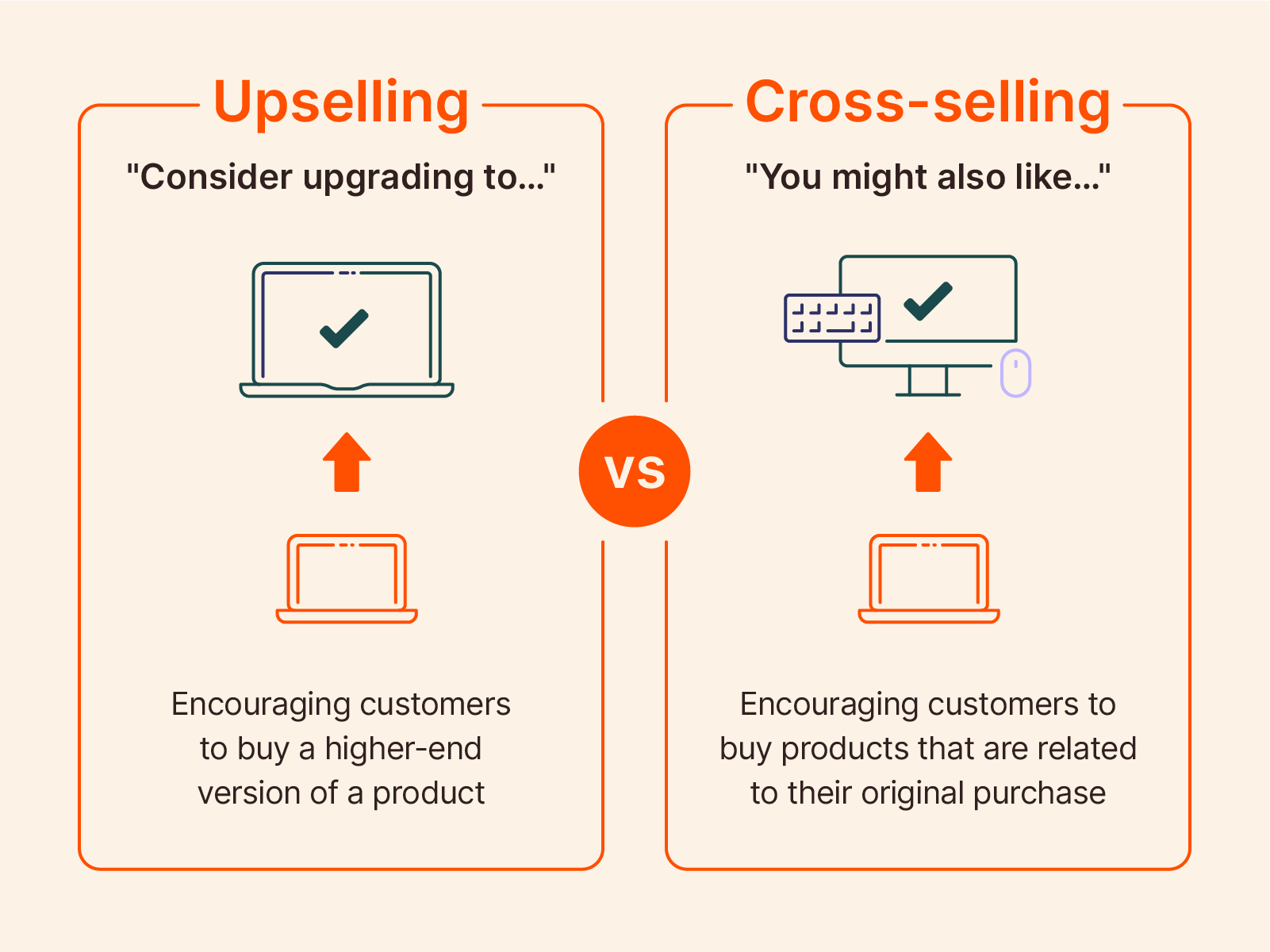In B2B services, conventional wisdom often touts the merits of laser-focused specialization. Agencies are advised to carve out a narrow niche and position themselves as the go-to experts in that domain. But after 15 years running a successful B2B marketing agency, I've come to believe that this hyper-specialized approach, while valid in some cases, is not the only—or even the optimal—path to success.
In fact, I would argue that providing a strategically curated range of complementary services can offer significant advantages over rigid specialization. By solving a broader scope of client challenges in an integrated way, generalist firms can unlock opportunities for more comprehensive solutions, lucrative cross-selling, and a loyal client base that is resilient to market shifts.
Cross-Pollinating Insights Across Domains

One of the most powerful benefits of a generalist approach is the ability to cross-pollinate insights and best practices across service domains. When an agency offers a range of complementary capabilities—say brand strategy, web development, content marketing, and marketing automation—the insights gleaned in one area can inform innovative solutions in the others.
For example, our agency's web development team recently created a dynamic website personalization engine for a SaaS client. The intent was to serve targeted messaging and offers based on a visitor's behavior. However, our content strategists recognized that by integrating this engine with the client's marketing automation platform and coupling it with an account-based content strategy, we could exponentially increase the relevance and impact of their demand generation efforts.
This creative solution—which yielded a 4x increase in leads—would never have emerged if our teams operated in silos. By approaching the client's challenges holistically, we devised an integrated solution that was more than the sum of its parts.
Crafting Comprehensive, Seamless Client Experiences

Another advantage of the generalist approach is the ability to act as a single-source partner for clients, crafting cohesive end-to-end experiences. When clients can rely on one agency for a full spectrum of their needs, it reduces friction, improves the consistency of branding and messaging, and allows for more agile, coordinated campaigns.
I saw this firsthand when our agency partnered with a Utah-based IT consultancy to support a crucial product launch. Because we were able to own the entire go-to-market process—from branding and messaging to web development, content creation, lead generation, and sales enablement—we were able to orchestrate a seamless campaign that consistently communicated value. If the client had to splice this initiative across multiple agencies, the result would have undoubtedly been more disjointed.
By serving as a one-stop-shop, generalist agencies can step into a valued advisory role, looking beyond isolated tactics to help clients devise and execute cohesive strategies. This positions the agency as an indispensable partner invested in the client's overall success.
Expanding Revenue Potential Through Cross-Selling

Generalist agencies are also primed to increase revenue by cross-selling services to existing clients. With multiple complementary offerings, there are numerous organic opportunities to expand accounts.
| Service Offering | Initial Engagement | Cross-Sell Opportunity | Potential Revenue Increase |
|---|---|---|---|
| Brand Strategy | $50,000 | Web Development | $100,000 |
| Content Marketing | $75,000 | ||
| Marketing Automation | $60,000 | ||
| Web Development | $75,000 | Content Marketing | $75,000 |
| Lead Generation | $50,000 | ||
| Sales Enablement | $30,000 |
For instance, a client who initially hires an agency for brand messaging may well need that messaging translated into an updated website, a content marketing campaign, sales collateral, and so on. By seeding these opportunities in client conversations and demonstrating the value of an integrated approach, generalist firms can significantly grow accounts.
Consider a recent client of ours—an enterprise software company. They initially engaged us for a website redesign. But through that project, we identified numerous other needs, including refreshed brand messaging, a thought leadership content program, and an ABM campaign. By presenting a compelling vision for how these services would work together to drive their objectives, we were able to grow that account from a $75K web project to a $1.2M multi-service engagement.
Mitigating Risk Through Diversification
Finally, a generalist model can provide greater resilience in the face of market shifts or economic downturns. With a diversified portfolio of services and clients, agencies can better weather fluctuations in demand.
This proved vital for our agency during the economic turbulence of the pandemic. As some clients reduced spending on higher-funnel activities like branding and content, we were able to pivot and emphasize services that delivered more immediate impact and ROI, such as lead generation and sales enablement. Had we been specialized in just one area, we would have been far more exposed to market conditions.
Moreover, because our services spanned multiple client segments and industries, a downturn in one sector could be counterbalanced by stability or even growth in another. This diversification served as a hedge against over-reliance on any one vertical.
The Power of Strategic Generalization
| Agency Model | Specialist | Generalist |
|---|---|---|
| Expertise | Deep but narrow | Broad and interconnected |
| Adaptability | Limited by niche focus | Agile across services and industries |
| Innovation | Incremental within domain | Transformative across domains |
| Client Value | Tactical execution | Strategic partnership |
| Scalability | Dependent on niche demand | Diversified across markets |
None of this is to suggest that specialization is never advantageous, or that agencies must try to be all things to all clients.
An agency that claims to do everything equally well risks being seen as undifferentiated or mediocre. The key is to be a strategic generalist—to cultivate a thoughtful range of complementary services that work together to solve multifaceted client problems.
This allows agencies to strike a balance—providing integrated solutions and cohesive client experiences while still maintaining sufficient focus and depth of expertise to deliver exceptional work. It's a model that enables creative cross-pollination, expands revenue potential, and provides flexibility to adapt to the market.
So if you're considering focusing your agency on a single specialized service, I'd encourage you to think expansively. Ask yourself how a broader mix of adjacent offerings could help you deliver more value to clients and build a thriving, resilient business. You may find that the generalist path leads you to a more rewarding destination.
FAQ
1. What is the main advantage of a generalist approach for B2B service agencies?
A generalist approach allows agencies to offer integrated solutions, deliver seamless client experiences, and unlock cross-selling opportunities, leading to increased revenue and client loyalty.
2. How can a generalist model foster innovation?
By leveraging insights and best practices across service domains, generalist agencies can develop transformative, cross-functional solutions that specialist agencies may overlook.
3. Doesn't a generalist approach lead to a lack of depth in expertise?
Not necessarily. Strategic generalist agencies cultivate a thoughtful range of complementary services, ensuring sufficient depth of expertise to deliver exceptional work while still reaping the benefits of integration.
4. How does a generalist approach improve the client experience?
A generalist agency can act as a single-source partner, providing cohesive end-to-end experiences, reducing friction, and improving the consistency of branding and messaging.
5. What role does cross-selling play in a generalist agency's growth strategy?
Cross-selling is a significant growth driver for generalist agencies, as the complementary nature of their services creates organic opportunities to expand accounts and increase revenue.
6. How can a generalist model help agencies mitigate risk?
By diversifying across services and client industries, generalist agencies can better adapt to market shifts and economic downturns, ensuring a more resilient business.
7. What is the key to success as a generalist agency?
The key is to be a strategic generalist—to curate a deliberately chosen set of services that work together to solve multifaceted client challenges, while maintaining focus and depth of expertise.
8. How can agencies balance the breadth of a generalist approach with the need for specialization?
Agencies can strike a balance by focusing on a core set of complementary services, investing in continuous learning and talent development, and partnering with specialists when needed for niche requirements.
9. What types of clients are best suited for a generalist agency?
Clients who value a strategic, integrated approach to solving their business challenges and who are looking for a long-term partner to drive their success are ideal fits for generalist agencies.
10. How can a generalist agency differentiate itself in a crowded market?
Generalist agencies can differentiate by articulating a clear, compelling vision for how their integrated services drive transformative client outcomes, and by showcasing proof points of their strategic impact.






